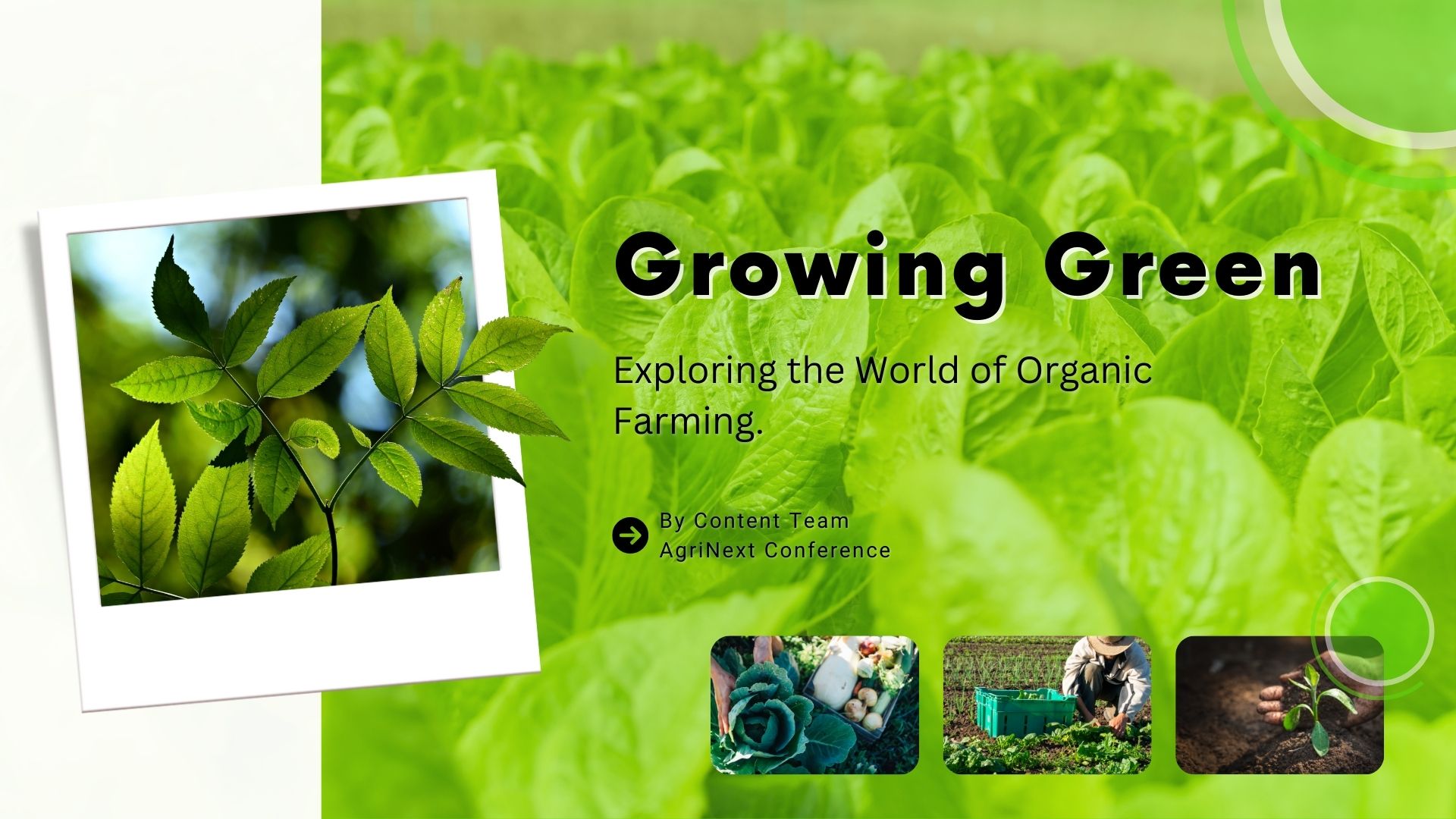
Organic farming has emerged as a sustainable alternative to conventional agriculture, prioritizing environmental stewardship, biodiversity, and consumer health. By eschewing synthetic pesticides and fertilizers, organic farming methods aim to work with nature rather than against it.
Organic Farming and its fundamental Principles.
Crop Diversity:
This method involves cultivating a variety of crops on the same piece of land, mimicking natural ecosystems. Crop rotation and intercropping are common practices to enhance soil fertility, suppress pests, and reduce the risk of crop failure.
Permaculture: Permaculture emphasizes designing agricultural systems that mimic natural ecosystems, aiming for self-sufficiency and sustainability. It integrates various elements such as plants, animals, and microorganisms to create synergistic relationships.
Biodynamic Farming:
Rooted in the principles outlined by Rudolf Steiner, biodynamic farming views the farm as a holistic organism. It incorporates spiritual and mystical elements along with organic practices, such as crop rotation, composting, and the use of herbal preparations to enhance soil and plant health.
Regenerative Agriculture:
Regenerative agriculture goes beyond organic practices by focusing on rebuilding soil health and ecosystem resilience. Techniques such as no-till farming, cover cropping, and holistic grazing aim to sequester carbon, enhance biodiversity, and improve water retention.
Principles of Organic Farming
Soil Health:
Organic farming prioritizes nurturing soil health through practices like composting, crop rotation, and minimal soil disturbance. Healthy soil is the foundation of a productive and resilient agricultural system.
Biodiversity:
Embracing biodiversity is crucial in organic farming. Diverse crops, mixed cropping systems, and the preservation of natural habitats support beneficial insects, pollinators, and microorganisms, reducing the reliance on synthetic inputs.
Ecological Balance:
Organic farmers aim to maintain a harmonious balance between the various elements of the ecosystem. This includes managing pests and diseases through natural predators, crop diversity, and habitat preservation rather than chemical interventions.
Sustainability:
Organic farming strives to be sustainable over the long term, minimizing environmental impact while meeting the needs of present and future generations. This involves conserving resources, reducing energy inputs, and promoting regenerative practices.
Animal Welfare:
For organic livestock farming, ensuring the welfare of animals is paramount. Organic standards require providing access to outdoor areas, pasture grazing, and prohibiting the use of growth hormones and antibiotics.
In conclusion, organic farming encompasses diverse approaches and principles aimed at fostering a more sustainable and resilient agricultural system. By prioritizing soil health, biodiversity, and ecological balance, organic farmers contribute to the well-being of the environment, communities, and future generations.
“An organic farm, properly speaking, is not one that uses certain methods and substances and avoids others; it is a farm whose structure is formed in imitation of the structure of a natural system that has the integrity, the independence and the benign dependence of an organism”.
Wendell Berry, The Gift of Good Land
Signup For AgriNext Conference Newsletter

